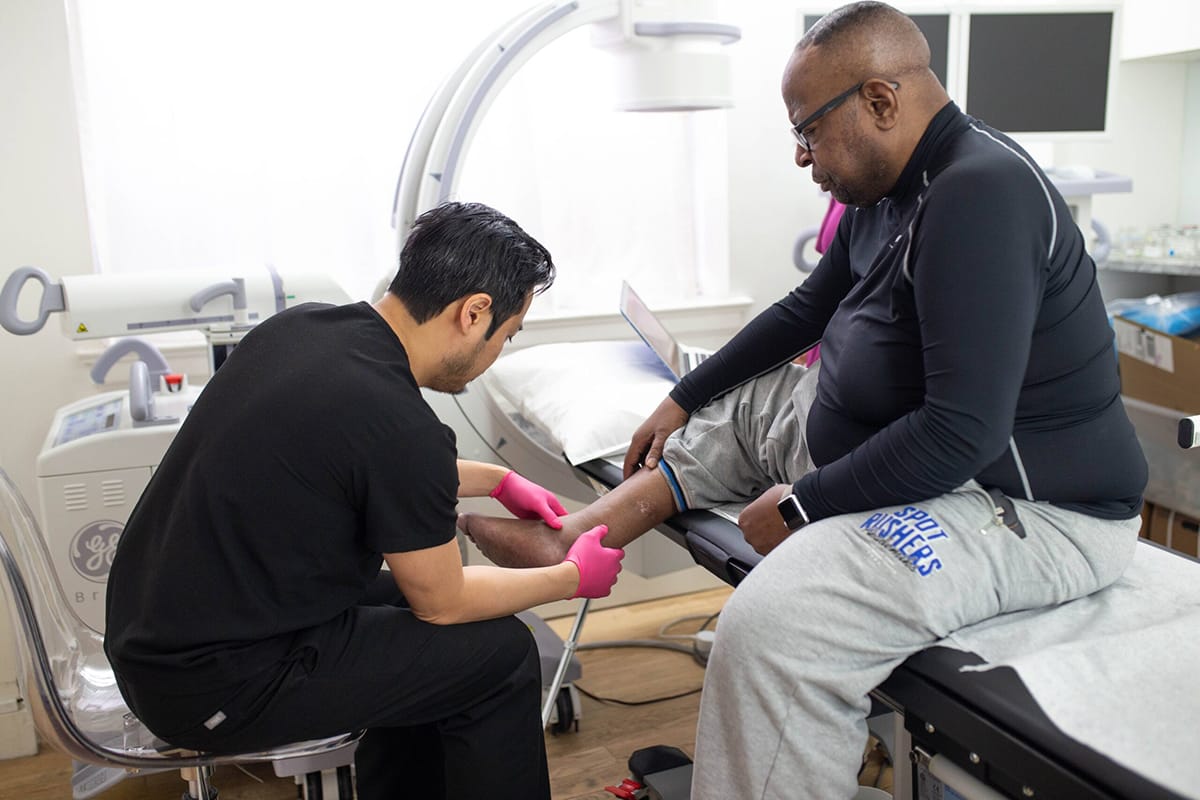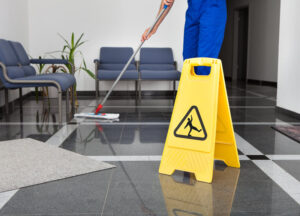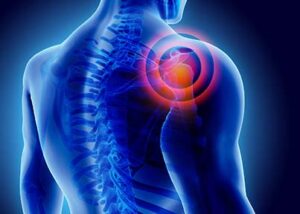What Type Of Doctor Treats Varicose Veins? Exploring Specialists In Venous Health
Varicose veins, with their twisted and enlarged appearance, can be more than just a cosmetic concern. They often lead people to wonder, “What kind of doctor specializes in veins?” Seeking the right medical professional for varicose vein treatment is crucial for both cosmetic improvement and addressing potential health issues. In this comprehensive guide, we’ll delve into the world of specialists who focus on venous health, exploring the various types of doctors and medical practitioners equipped to handle varicose veins.
Understanding Varicose Veins: A Brief Overview
Before we dive into the realm of medical specialists, let’s briefly understand what varicose veins are. Varicose veins are swollen, twisted veins that are visible just beneath the surface of the skin. They usually occur in the legs and can cause discomfort, pain, and sometimes complications if left untreated. Common factors contributing to varicose veins include age, genetics, pregnancy, and prolonged periods of standing or sitting.
Now, let’s explore the question at the forefront: “What type of doctor treats varicose veins?”
1. Phlebologist: Masters of Venous Health
Phlebologists are medical professionals who specialize in the diagnosis and treatment of vein-related disorders, making them experts in dealing with varicose veins. These doctors focus specifically on the venous system, gaining in-depth knowledge of vein conditions and their underlying causes.
Phlebologists often use non-invasive procedures, such as ultrasound imaging, to assess the severity of varicose veins and determine the most appropriate course of treatment. They may recommend lifestyle changes, compression stockings, or more advanced interventions like endovenous laser treatment (EVLT) or sclerotherapy.
2. Vascular Surgeon: Precision in Surgical Solutions
Vascular surgeons are another group of medical experts qualified to treat varicose veins. These specialists are trained in the surgical management of conditions affecting the blood vessels, including veins. Vascular surgeons possess the skills and expertise to perform both traditional and minimally invasive surgical procedures to address varicose veins.
In cases where conservative treatments prove ineffective, vascular surgeons may recommend surgical interventions such as vein ligation or vein stripping. These procedures involve removing or tying off the affected veins to redirect blood flow, relieving the symptoms associated with varicose veins.
3. Interventional Radiologist: Harnessing the Power of Imaging
Interventional radiologists play a crucial role in the treatment of varicose veins, utilizing their expertise in medical imaging to guide minimally invasive procedures. Through techniques like ultrasound and fluoroscopy, interventional radiologists can visualize the veins in real-time, allowing for precise and targeted interventions.
Common procedures performed by interventional radiologists for varicose veins include radiofrequency ablation and laser therapy. These techniques involve using heat to close off problematic veins, redirecting blood flow to healthier vessels. Interventional radiology offers the advantage of less invasive procedures and quicker recovery times compared to traditional surgical approaches.
4. Dermatologist: Aesthetic Solutions for Varicose Veins
While dermatologists are primarily known for addressing skin concerns, some specialize in cosmetic dermatology and are skilled in treating superficial varicose veins that may be of aesthetic concern to patients. Dermatologists may employ techniques such as sclerotherapy, which involves injecting a solution into the veins to cause them to collapse and fade.
While dermatologists may not be the first choice for individuals with severe medical symptoms related to varicose veins, they can be valuable for those seeking cosmetic improvement or preventive measures against further vein issues.
5. General Surgeon: A Broad Approach to Venous Health
General surgeons, with their comprehensive training in various surgical procedures, are also capable of treating varicose veins. While they may not specialize exclusively in venous health, general surgeons can perform interventions like vein ligation or stripping when necessary.
Patients with additional health concerns or those seeking a general surgical approach may find that a general surgeon is well-equipped to address their varicose vein issues alongside other medical considerations.
6. Primary Care Physician: The First Point of Contact
In many cases, individuals experiencing symptoms of varicose veins may first consult their primary care physician. While not specialists in vein disorders, primary care physicians can assess symptoms, provide initial guidance, and refer patients to appropriate specialists if needed.
Primary care physicians play a crucial role in coordinating a patient’s overall healthcare, and their input can be valuable in determining the most suitable path for addressing varicose veins.
Conclusion: Navigating the Varied Landscape of Venous Health
In the pursuit of effective varicose vein treatment, individuals have a range of specialists to consider. Phlebologists, vascular surgeons, interventional radiologists, dermatologists, general surgeons, and primary care physicians each bring unique skills to the table, offering diverse approaches to address the diverse needs of patients.
When contemplating the question, “What type of doctor treats varicose veins?” it’s essential to recognize that the choice of specialist depends on various factors, including the severity of symptoms, individual health considerations, and desired outcomes. Consulting with a medical professional, preferably one specializing in venous health, is the first step toward understanding the most suitable treatment options and embarking on a journey to healthier, more comfortable veins.











Post Comment